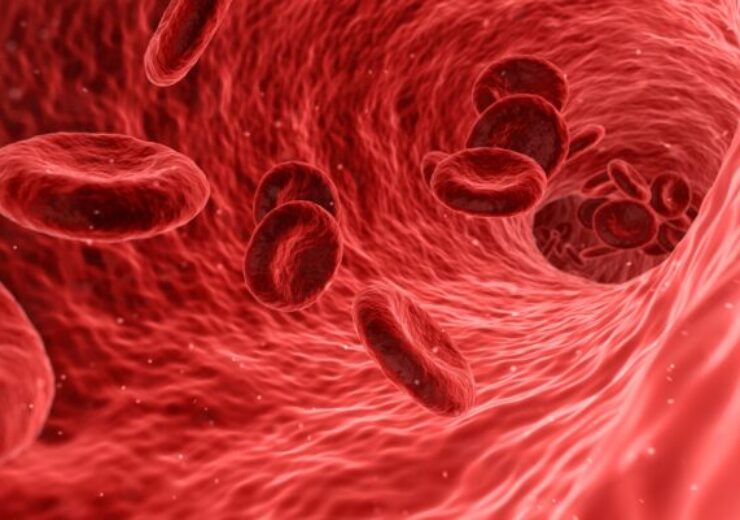According to Gilead Sciences, the screening and recruitment of new participants under the US Expanded Access Programme and the US investigational new drug application IND 147229 will be immediately paused

FDA suspends enrolment for Gilead Sciences’ magrolimab in AML trials. (Credit: Arek Socha from Pixabay)
Gilead Sciences revealed that the US Food and Drug Administration (FDA) has put a partial clinical hold on further patient enrolment in the US trials of magrolimab in acute myeloid leukaemia (AML).
The FDA’s decision follows Gilead Sciences’ announcement in July 2023 of discontinuing the Phase 3 ENHANCE trial of magrolimab plus azacytidine in higher-risk myelodysplastic syndromes (HR-MDS) due to futility.
According to Gilead Sciences, the screening and recruitment of new participants under the US Expanded Access Programme and the US investigational new drug application IND 147229 will be immediately paused.
As per the current study protocol, patients who are already taking part in clinical studies for AML may continue to get the therapy and be monitored.
Gilead Sciences said that the FDA’s decision has been communicated to global regulatory authorities and the clinical trial investigators engaged in the studies.
The company added that it is working with regulatory bodies to determine the steps needed to lift the partial clinical hold on fresh patient enrolment in the magrolimab AML trials.
The trials of the drug candidate in solid tumours will be continued without any effect of the recent FDA’s action, the American biopharmaceutical company said.
Magrolimab is an investigational first-in-class anti-CD47 immunotherapy.
The blood cancer drug candidate blocks the inhibitory CD47-signal regulatory protein (SIRPα) interaction to increase the ability of macrophages and other phagocytes to detect and destroy foreign and malignant cells.
It has not been approved anywhere globally and its efficacy and safety are yet to be8 established.
In addition to AML, magrolimab is being developed as a potential treatment for lymphoma, myeloma, myeloid malignancies, head and neck cancer, colorectal cancer, breast cancer, and lung cancer.
Gilead Sciences added the monoclonal antibody to its portfolio through the $4.9bn acquisition of Forty Seven in 2020.
